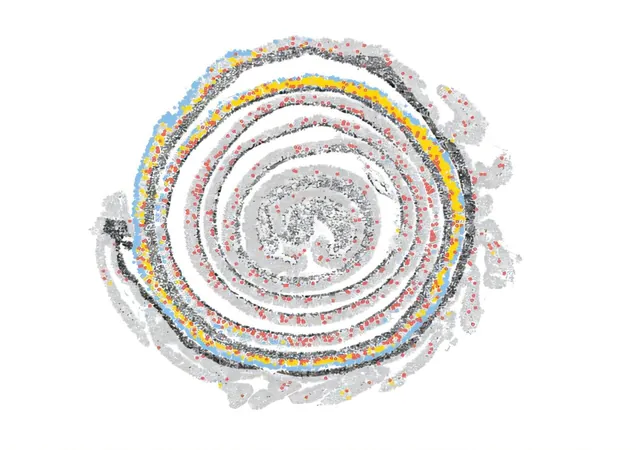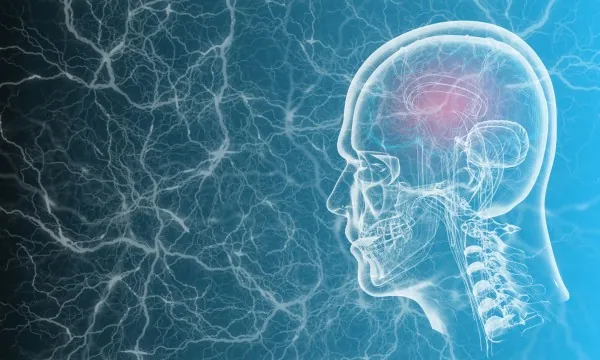
Shocking Case of 'Rapunzel Syndrome': Surgeons Extract Massive Hairball from 16-Year-Old Girl!
2024-11-21
Author: Jia
In an astonishing medical saga, a healthy 16-year-old girl presented to the emergency department at Massachusetts General Hospital, grappling with severe stomach pain and distress after enduring weeks of mysterious symptoms. Initial assessments, including CT scans, revealed no abnormalities, and blood tests came back normal. Despite previous visits to another hospital, where she was sent home with painkillers and other medications, her condition only worsened.
The girl's alarming symptoms included a tender abdomen and an elevated heart rate, raising red flags for her medical team. Upon trying to administer common treatments for abdominal pain, she vomited immediately, prompting further investigation.
As her doctors delved into her case, they systematically ruled out several conditions ranging from gastritis to gall bladder disease, ultimately considering rarer gastrointestinal issues. It was during this careful evaluation that they encountered the implausible possibility of Rapunzel syndrome—a rare and serious condition involving a gastrointestinal obstruction caused by a hairball.
Known as trichobezoars, these blockages occur when hair accumulates within the stomach and forms a dense mass that can impede digestion. Remarkably, in this instance, the hair had extended from the stomach into the small intestine, mirroring the tale of Rapunzel who let down her long tresses. The surgical team determined that this girl’s condition necessitated urgent intervention due to the risks of intestinal perforation and pancreatitis.
During surgery, doctors expertly extracted a 2.5-inch-wide hairball along with lengths of hair that had intertwined within her digestive system. The implications extended beyond just physical health; addressing the psychological aspects of the case was crucial as hair ingestion could be linked to conditions like trichotillomania—a disorder characterized by compulsive hair pulling—or pica, a condition involving cravings for non-nutritive substances.
Intriguingly, the girl had recognized her childhood struggle with pica, generating discussions about potential diagnostic challenges ahead. Yet, her physicians found it disappointing that after the successful procedure, she chose not to pursue follow-up psychiatric treatment, instead opting for hypnotherapy based on friends' suggestions.
This bizarre yet real medical story sheds light on both the possible dangers of such uncommon syndromes and the importance of addressing mental health in patients exhibiting strange eating disorders. The case serves as a reminder to physicians and patients alike that hidden issues can sometimes lead to unimaginable health crises.
As awareness of these rare conditions grows, so does the necessity for understanding and compassion surrounding related disorders. Will this unique case bring more attention to the psychological health of individuals experiencing similar issues? Only time will tell!




 Brasil (PT)
Brasil (PT)
 Canada (EN)
Canada (EN)
 Chile (ES)
Chile (ES)
 España (ES)
España (ES)
 France (FR)
France (FR)
 Hong Kong (EN)
Hong Kong (EN)
 Italia (IT)
Italia (IT)
 日本 (JA)
日本 (JA)
 Magyarország (HU)
Magyarország (HU)
 Norge (NO)
Norge (NO)
 Polska (PL)
Polska (PL)
 Schweiz (DE)
Schweiz (DE)
 Singapore (EN)
Singapore (EN)
 Sverige (SV)
Sverige (SV)
 Suomi (FI)
Suomi (FI)
 Türkiye (TR)
Türkiye (TR)